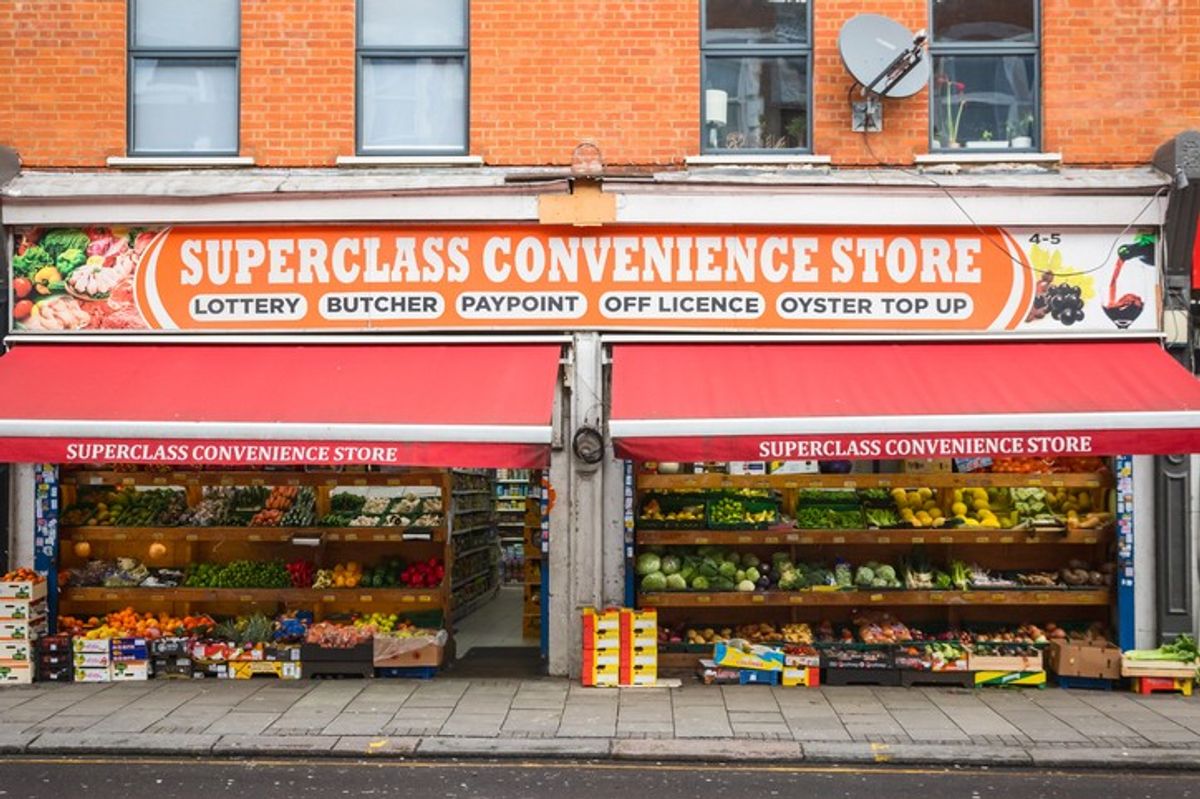Number of staff employed in convenience stores in Scotland has dropped while number of stores has remained consistent, states a recent report released today (Oct 1), highlighting the increased burden as well as impact of rising cost of doing business on the sector.
Revealing latest annual figures on the Scottish convenience sector, Scottish Grocers’ Federation's latest report shows a reduction in local lifeline services and a staggering 10 per cent drop in staff over the year, amidst an increasing cost of doing business which is hammering the sector.
Published with the support of the Association of Convenience Stores (ACS), the SGF Scottish Local Shop Report 2025 shows that the number of convenience stores has remained consistent at 5,228 (up 8 on 2024).
However, the number of people employed in the sector has dropped by 6,000 to 49,000. Reducing the overall hours worked by colleagues from 9.8m in 2024, down to 9.5m.
Meanwhile, employer National Insurance contributions have shot up to £396m, an increase of £175m on the previous year (UK wide). With year-on-year hikes to the National Living Wage increasing by 33 per cent since 2019 (from £8.21 to £12.21 per hour).
Several other critical services offered in local stores have also come under pressure. Including:
- Post Office (down from 25 per cent to 20 per cent)
- Free to use cash machines (down from 46 per cent to 40 per cent)
- Prescription collection (down from 4 per cent to 2 per cent)
Cost pressures such as retail crime, tighter regulations across a range of product areas and a real terms decline in business rates reliefs have also resulted in retailers investing less back into their stores, down from £94m to £89m in 2025.
The report also shows a reduced spend in stores and fewer items being bought per customer, which may be linked to struggling household budgets and the cost of living.
With average shopper spend dropping from £8.04 to £7.81 and the forecast yearly sales dropping by £0.6bn to £48.8bn in 2025 (UK wide).
Ahead of his welcome address at the SGF Annual Conference in Glasgow, SGF President and independent retailer for Watson’s Grocers - Moniaive, Graham Watson, said, “Local stores provide many essential services close to where people live, and they are part of the fabric of their community.
"In the years since Covid, we have seen the sector make great strides, offering more jobs, delivering new services, and providing an important economic multiplier for local areas.
“Pressure from both external factors and from government, however, is putting many businesses under strain, and we are now seeing worrying job losses and critical services disappearing.
"That is why we need a more wholistic approach from government, looking at the broader impacts of policy on key services and sectors.
“Everyone agrees that providing flexible local employment and services such as Post Office and access to cash, is part of the ‘full basket’ that our sector can offer. Albeit many of those services have limited viability in their own right.
“That’s not possible when retailers can’t afford to pay staff or reinvest in their business because they are swamped with higher employment costs, a rising cost of doing business, retail crime, and ever tighter regulation.”


